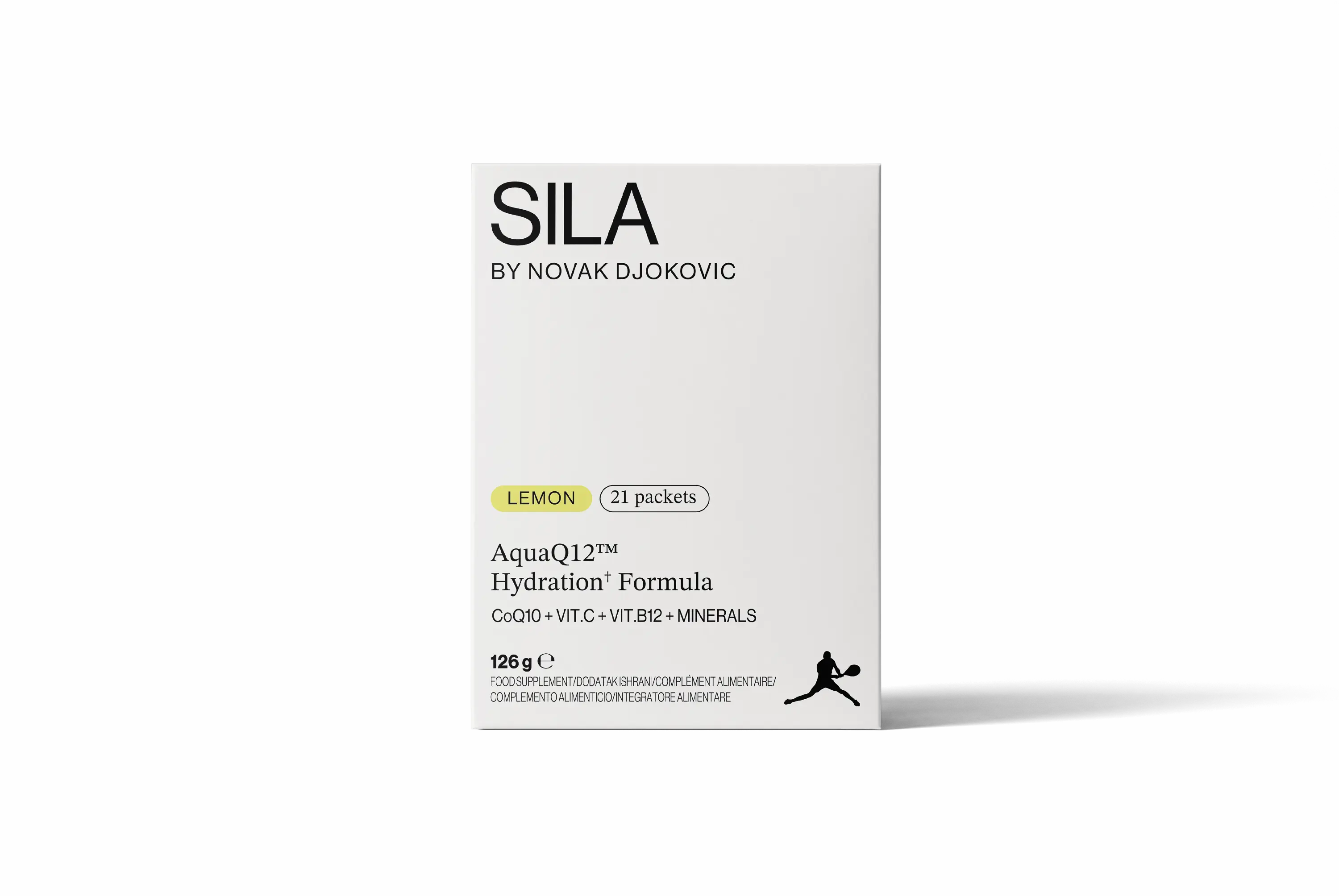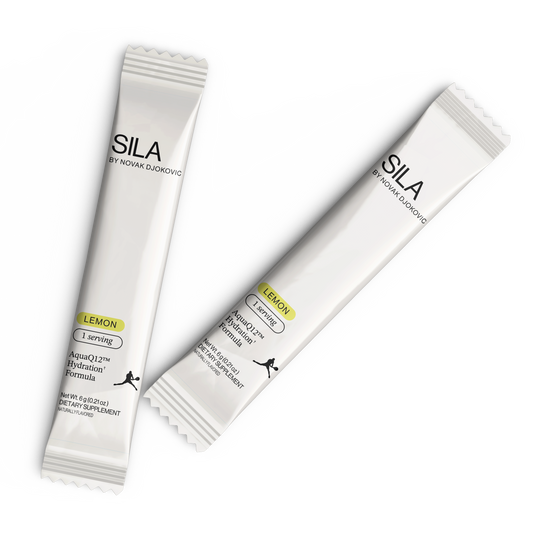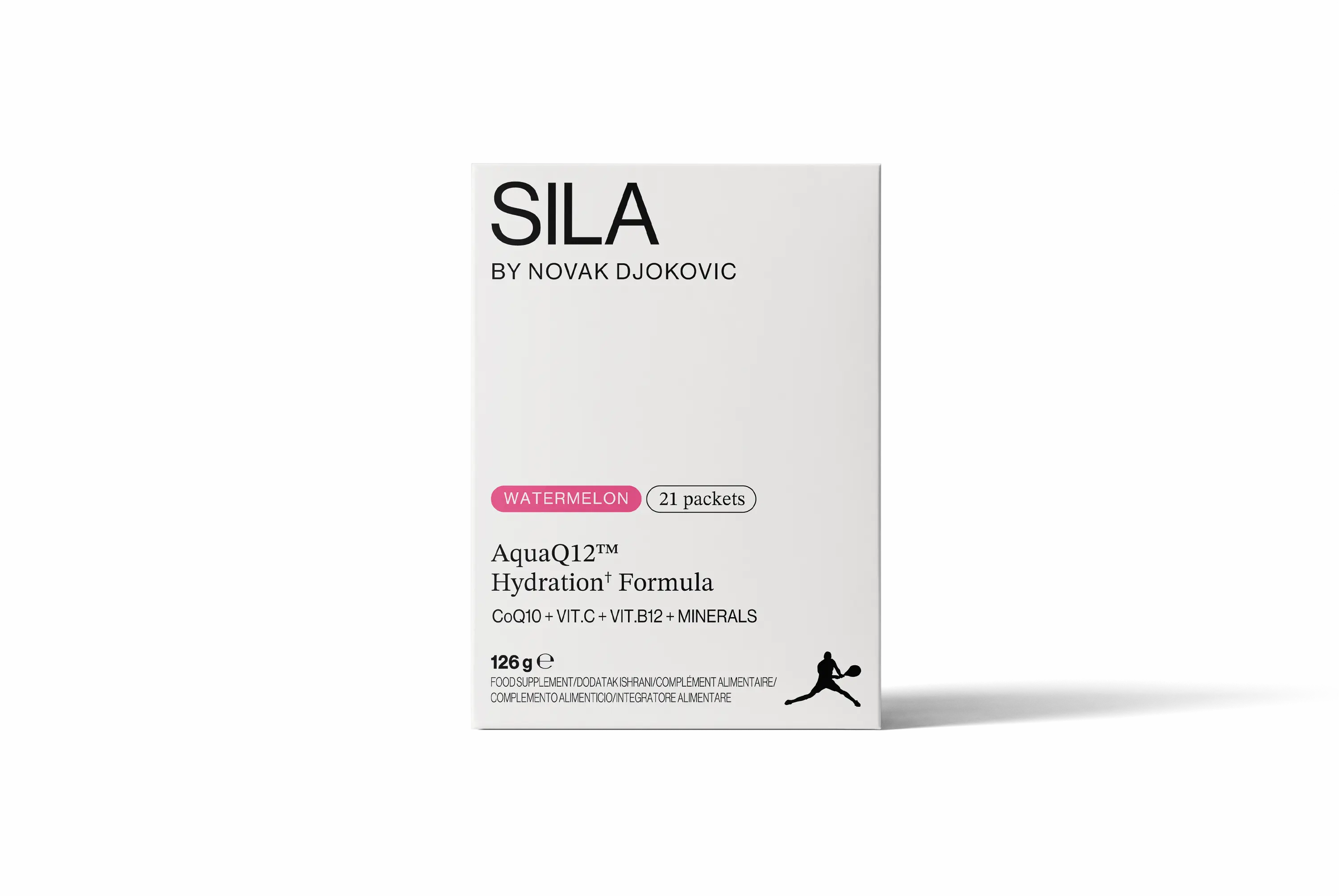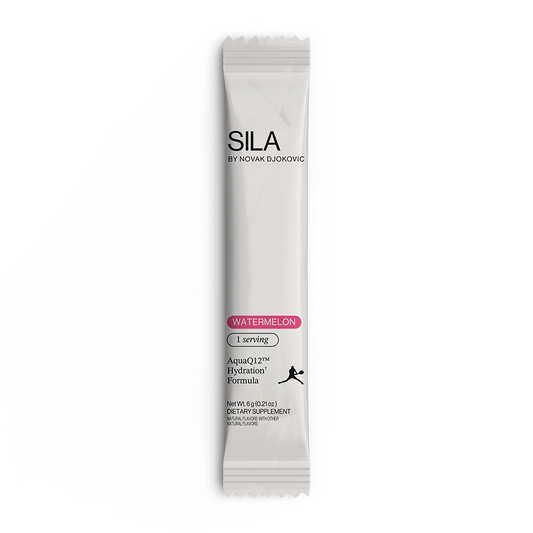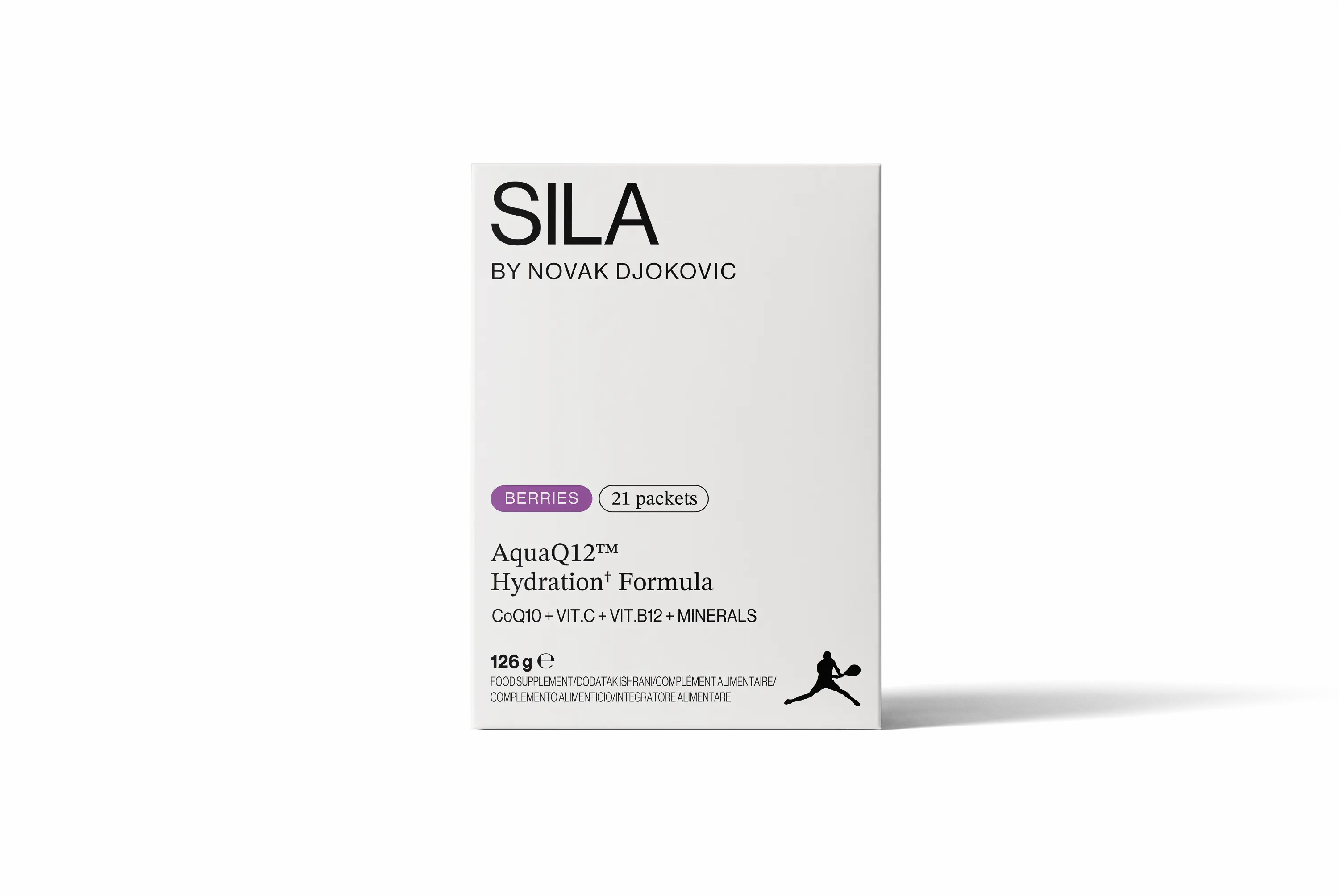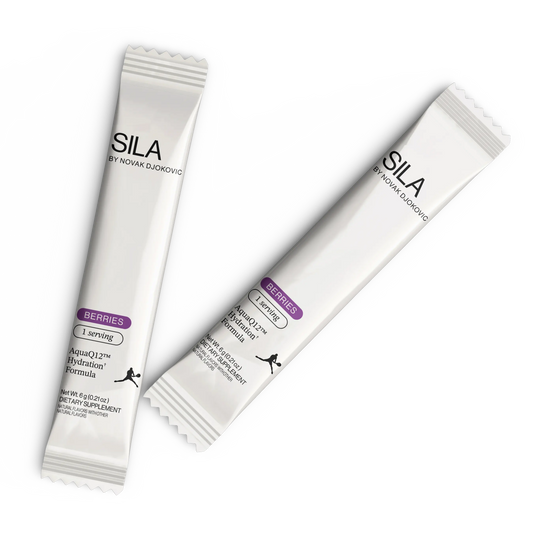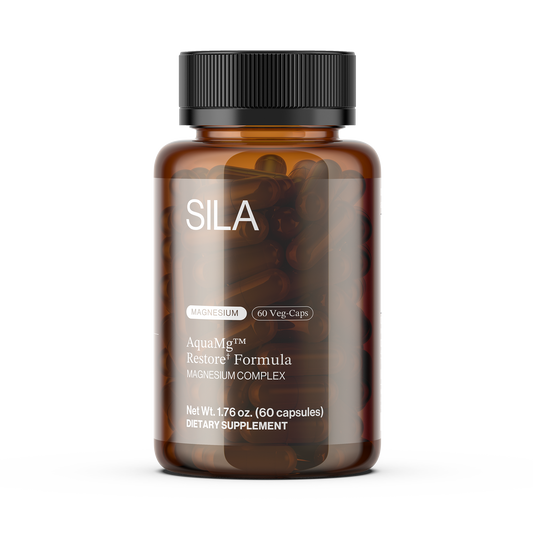Vitamin B12 is indispensable for athletes, supporting energy metabolism, oxygen transport, and neurological function, making it a cornerstone of performance and recovery strategies.
Abstract
Vitamin B12 (methylcobalamin) is a water-soluble vitamin critical for energy metabolism, red blood cell production, and nervous system function, making it indispensable for athletes and active individuals. It supports oxygen transport and DNA synthesis, directly influencing endurance, strength, and recovery. Deficiency in Vitamin B12, even at subclinical levels, can lead to fatigue, muscle weakness, and neurological symptoms, significantly impairing athletic performance. Groups at higher risk, such as vegetarians, vegans, and older adults, face unique challenges due to dietary restrictions or reduced absorption capabilities with age.
This review explores the biochemical and physiological roles of Vitamin B12, emphasizing its importance in optimizing athletic performance. It highlights the detrimental effects of deficiency on oxygen transport, muscle function, and recovery, supported by studies linking low Vitamin B12 levels to reduced endurance and increased fatigue. Innovative supplementation strategies, such as high-bioavailability forms like methylcobalamin and hydroxocobalamin, have emerged as effective tools to prevent deficiency and improve performance.
By maintaining optimal Vitamin B12 levels, athletes can enhance recovery, reduce fatigue, and sustain peak performance. Regular monitoring and tailored supplementation are especially critical for high-risk populations. This review underscores the role of Vitamin B12 as a cornerstone of sports nutrition, offering insights into its significance and practical applications for enhancing athletic outcomes and overall well-being.
The Impact of Vitamin B12 on Athletic Performance and Recovery
Vitamin B12, or methylcobalamin, plays a foundational role in numerous physiological processes that are directly tied to athletic performance. Its influence extends from cellular metabolism and oxygen transport to muscle recovery and nervous system function, making it essential for athletes striving for peak performance. Deficiency in Vitamin B12 can significantly impair these processes, highlighting the need for awareness and proactive management in athletic populations.
Oxygen Transport and Endurance
One of Vitamin B12’s most critical roles is its involvement in red blood cell production. It is essential for DNA synthesis, particularly in the bone marrow, where new red blood cells are produced. These cells are crucial for delivering oxygen to muscles during physical activity, directly affecting endurance and stamina [1, 2]. Studies have shown that optimal Vitamin B12 levels (400–700 pg/mL) correlate with improved hemoglobin production, thereby enhancing oxygen transport and athletic performance [3]. Athletes with suboptimal Vitamin B12 levels may experience reduced aerobic capacity and fatigue due to impaired oxygen delivery to working muscles [1].
Energy Metabolism and Muscle Recovery
Vitamin B12 acts as a coenzyme in metabolic pathways critical for converting food into energy. It facilitates the breakdown of carbohydrates, fats, and proteins, ensuring a steady supply of energy during prolonged physical activity. Moreover, Vitamin B12 aids in the reduction of homocysteine, a by-product of protein metabolism that can accumulate and cause vascular inflammation if not adequately metabolized [4]. Elevated homocysteine levels, commonly seen in Vitamin B12 deficiency, have been linked to cardiovascular strain and slower recovery in athletes [4].
Muscle recovery is another area where Vitamin B12 demonstrates its importance. By supporting cellular repair mechanisms and myelin synthesis, it ensures proper nerve function and reduces the risk of neuromuscular fatigue. Athletes deficient in Vitamin B12 often report prolonged muscle soreness, reduced coordination, and slower recovery times, all of which can hinder training and performance [5].
Deficiency Risks in Specific Athletic Populations
Certain groups of athletes are more susceptible to Vitamin B12 deficiency due to dietary choices or physiological factors. Vegetarians and vegans, for instance, are at higher risk since natural sources of Vitamin B12 are predominantly found in animal products such as meat, fish, eggs, and dairy [6]. Aging athletes also face challenges as gastric acid production, essential for Vitamin B12 absorption, decreases with age, increasing the likelihood of deficiency [7]. Similarly, endurance athletes may require higher Vitamin B12 levels due to increased metabolic demands and greater strain on their physiological systems [8].
Neurological Health and Coordination
Beyond its metabolic and hematologic roles, Vitamin B12 is vital for maintaining neurological health. It supports myelin synthesis, which protects nerve fibers and ensures efficient signal transmission. Deficiency can lead to neurological symptoms such as numbness, tingling, and poor coordination, directly impacting athletic performance [5]. In severe cases, prolonged deficiency may result in irreversible nerve damage, emphasizing the need for early detection and intervention [7, 8].
Supplementation as a Preventive and Performance Tool
To address these challenges, supplementation has become a widely recommended strategy for maintaining optimal Vitamin B12 levels in athletes. High-bioavailability forms, such as methylcobalamin and hydroxocobalamin, are particularly effective, as they are readily absorbed and utilized by the body [6]. Athletes with mild deficiencies can benefit from oral supplements or fortified foods, while those with more severe absorption issues may require intramuscular injections to restore levels [8].
Research has demonstrated that tailored supplementation not only prevents deficiency but also enhances performance by improving energy availability, reducing muscle fatigue, and accelerating recovery. For instance, studies have shown that athletes receiving adequate Vitamin B12 supplementation perform better in endurance events and experience less post-exercise soreness compared to those with suboptimal levels [3, 6].
Conclusion
Vitamin B12 is a cornerstone nutrient for athletes, playing a critical role in energy production, oxygen transport, muscle recovery, and neurological function. Its impact on red blood cell formation enhances oxygen delivery to working muscles, directly influencing endurance and performance. Additionally, its involvement in metabolic processes and myelin synthesis ensures efficient energy utilization and proper nerve function, both essential for athletic success.
Deficiency in Vitamin B12, even at subclinical levels, can impair athletic performance through fatigue, muscle weakness, and impaired coordination. Specific groups, including vegetarians, vegans, and older athletes, face heightened risks due to dietary restrictions and absorption challenges. These risks emphasize the need for regular monitoring of Vitamin B12 levels, particularly in populations with increased metabolic demands or reduced absorption capacity.
Innovative supplementation strategies, such as high-bioavailability forms of methylcobalamin and hydroxocobalamin, offer effective solutions to prevent deficiency and optimize performance. Tailored supplementation not only supports recovery but also enhances endurance and reduces fatigue, allowing athletes to reach and maintain peak performance levels.
Vitamin B12 is not merely a nutrient but a fundamental component of an athlete's nutrition strategy. By ensuring adequate intake and addressing individual needs, athletes can enhance their performance, recover more effectively, and safeguard long-term health. As research continues to evolve, the importance of Vitamin B12 in sports nutrition will likely expand, reinforcing its role as an essential element in optimizing athletic outcomes.
References
- Krzywański, J., et al. (2020). Vitamin B12 Status and Optimal Range for Hemoglobin Formation in Elite Athletes. Nutrients, 12(4), 1038.
- Braun, P. (2024). Vitamin B12 Absorption and Mature Athletes: Defy Age with Vitamin B12. Published June 4, 2024.
- Herrmann, M., et al. (2005). Altered Vitamin B12 Status in Recreational Endurance Athletes. Int J Sport Nutr Exerc Metab, 15(4), 433–441.
- Dangers of B12 Deficiency for Athletes. Women's Running Magazine, January 6, 2020.
- Oregon State University. (2022). Vitamin B12: An Essential Nutrient for Athletes.
- National Library of Medicine. (2010). Vitamin B12 Deficiency: Implications for Athletes. BMJ, 340, c2305.
- Petrangolini, G., et al. (2020). Vitamin B12 and Age-Related Absorption Issues in Athletes.
- Mayo Clinic. (2023). Vitamin B12 Deficiency Symptoms and Treatments.
